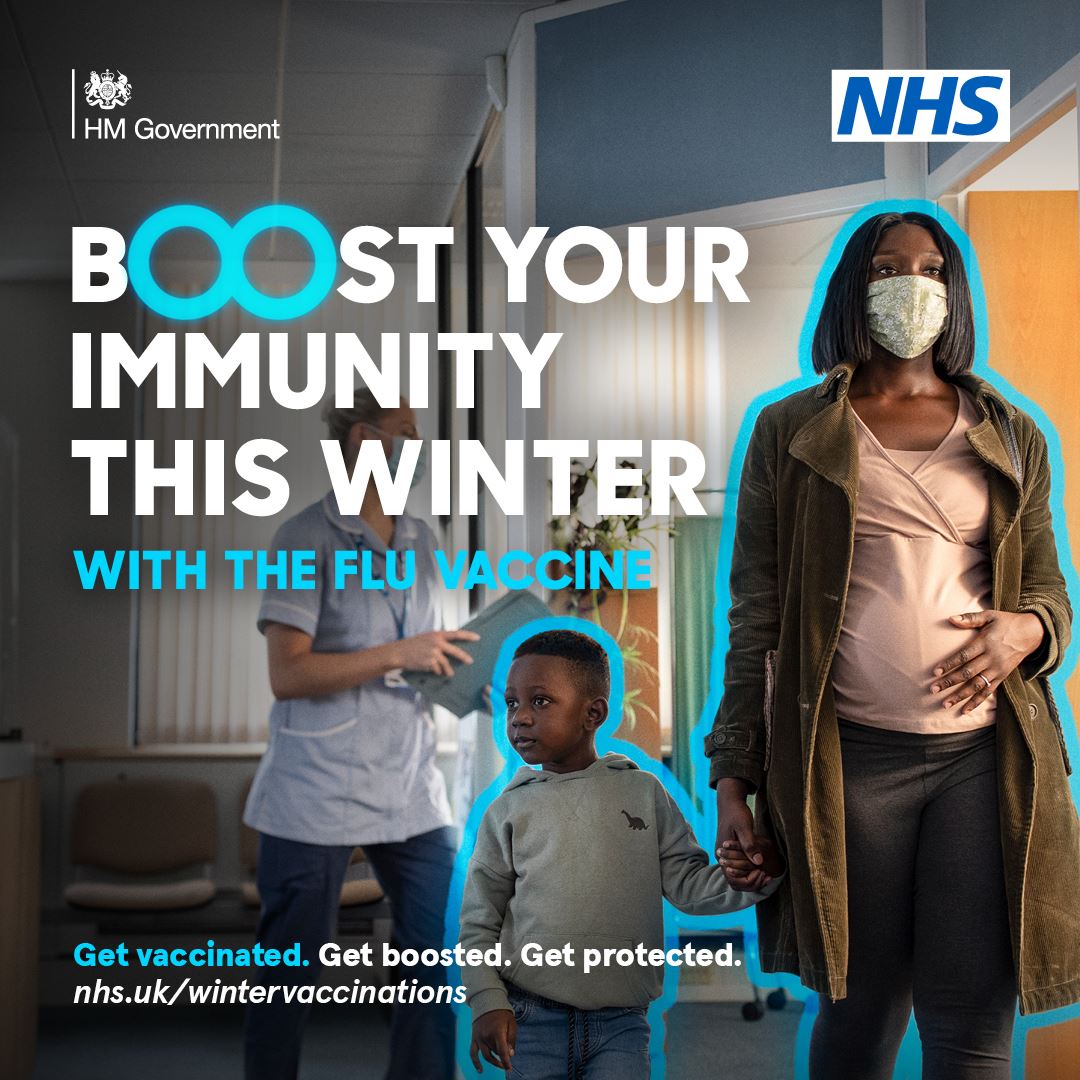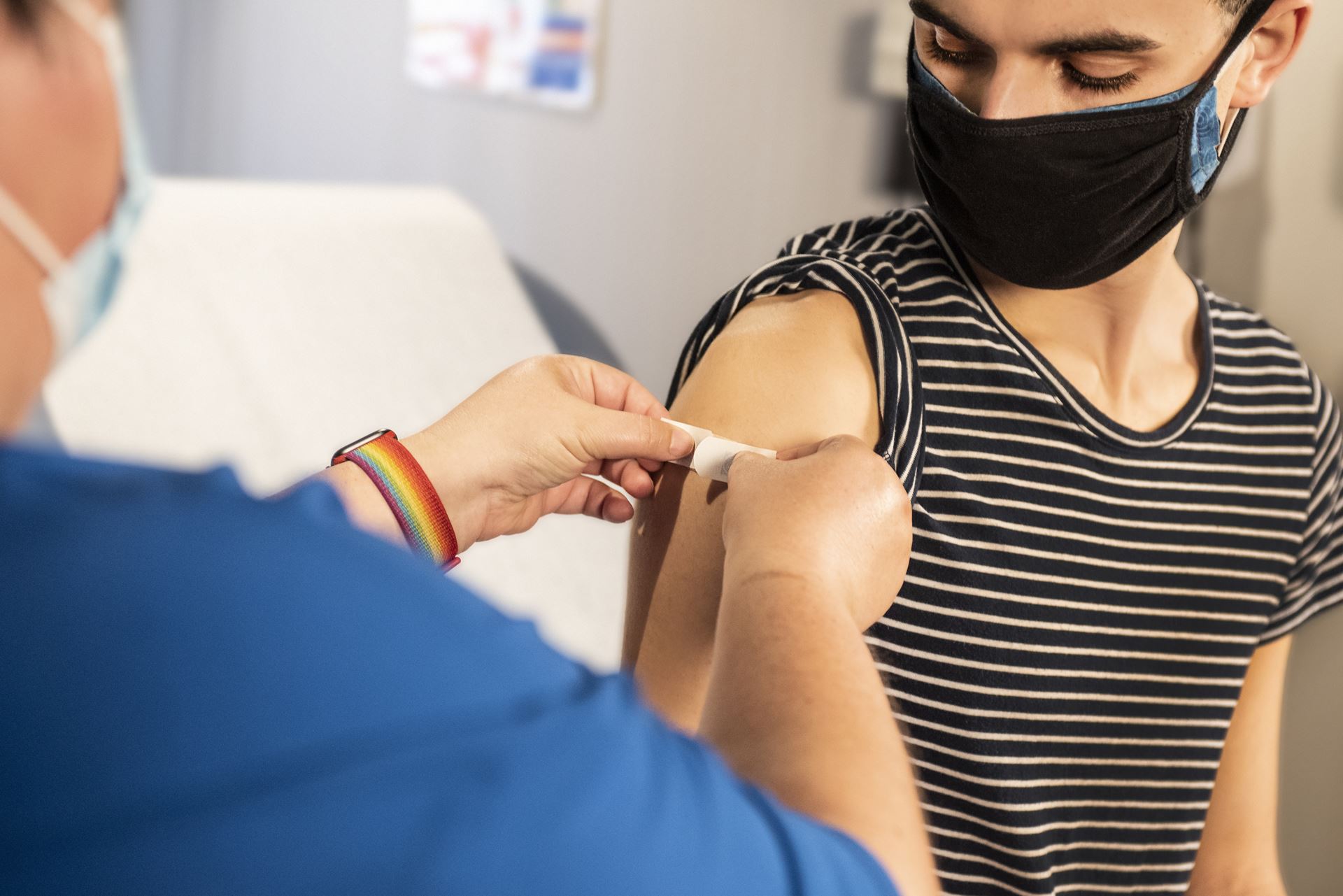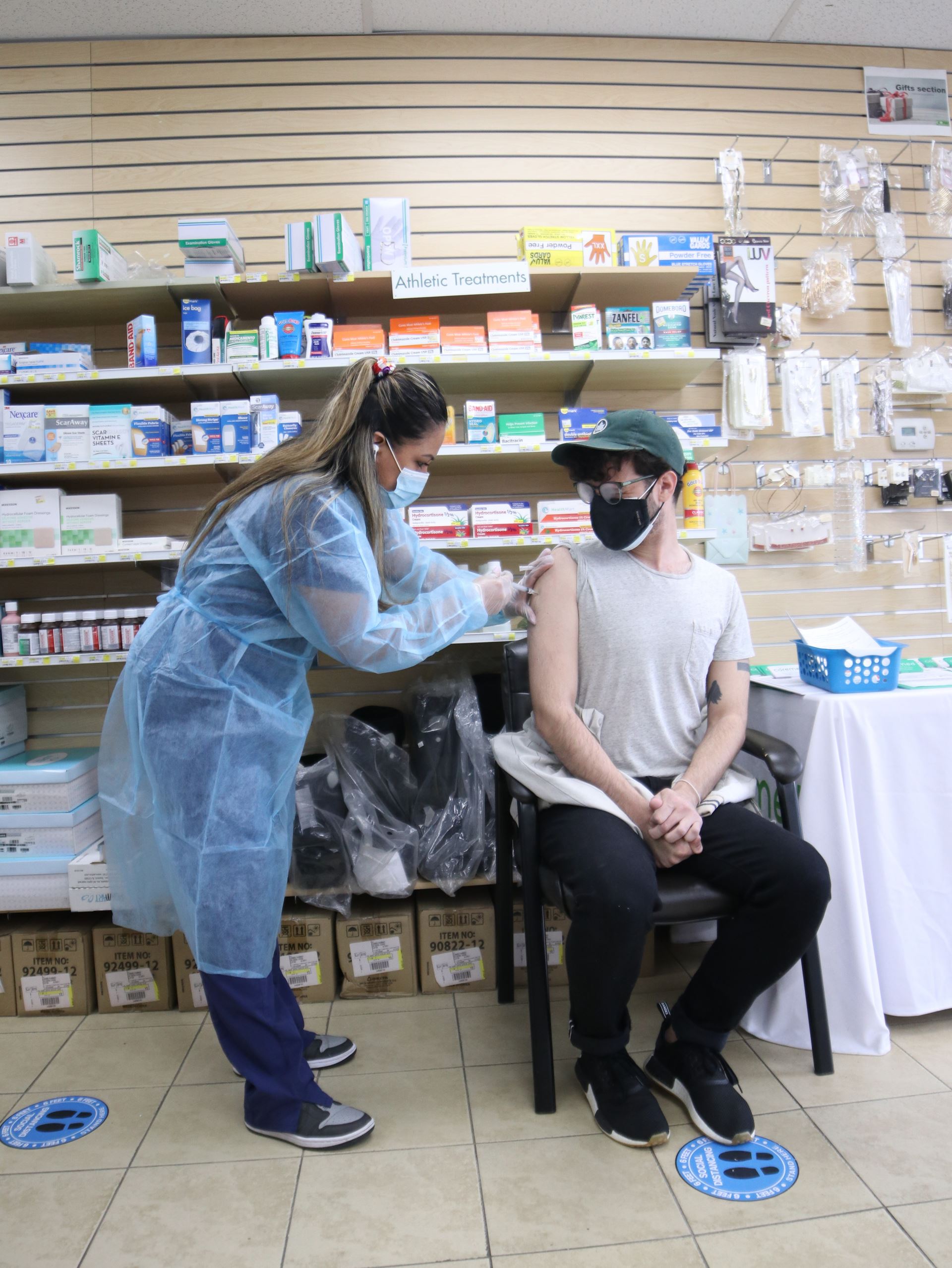Flu Season 2021/22
The Annual Flu Jab
The annual flu jab is the best protection against this winter virus and with the ongoing coronavirus pandemic, it has never been as important for those who would particularly benefit to ensure that they have the flu vaccine.
These are some of the reasons why:
- Protect yourself: the flu jab is safe and effective. It has been shown to reduce the severity of those who do still catch the virus, reducing hospital admissions and deaths.
- Protect each other: The more people who have the flu jab (including children aged 2 – 10, carers, and those in care homes), the less likely they are to pass it on to those who might be vulnerable.
- Protect against self isolation: mild COVID, colds and mild flu all display the same symptoms. Reducing the amount of circulating flu will reduce the number of people having to self isolate just because they have flu until they get a negative PCR.
- Protect the NHS. The NHS is set up to manage the annual winter pressures that the flu season causes. However, it is expected that this year's flu season is going to be particularly bad because lock down last year reduced everyone's exposure to flu, so more people will be susceptible. The potential for both a peak of flu and covid could put huge pressures on an NHS already trying to recover.

Who Is Eligible?
The vaccine is free for those at most risk from the flu:
- Children aged 2-4 years old on the 31 August 2021 and those in Reception to Year 7. Children at school will normally receive their vaccine from the school, but we will immunise any child in this age group if they are in another at-risk group
- Everyone aged 50 or over
- Anyone living with a long term medical condition
- Those with caring responsibilities
- Pregnant women (if you have an antenatal appointment in the next few weeks, your midwife should give you the flu vaccine if you want it)
For those that don’t meet the criteria to have a flu jab free on the NHS, continuing to follow the COVID "hands, face, space, & fresh air" advice will also help in the fight against flu this winter.
But the ongoing pandemic and uncertainty over what will happen to COVID numbers over the autumn means that we are going to continue to follow the COVID safe processes introduced to last year's flu clinics to keep our staff and more vulnerable patients safe.
Potential Side Effects
Injection: Some people have a mild temperature or muscle aches for a few days after the vaccine. You may also be sore at the site of the injection.
Serious side effects, such as allergic reactions are extremely rare. The injection form does not contain any live virus; you cannot catch the flu from it.
Nasal Spray: Wherever stocks allow, we will be offering the nasal spray vaccine for those aged 2-17 years. In addition to mild aches and pains, the nasal spray can cause a runny nose for a couple of days.
Occasionally the flu vaccine can cause a mild temperature; in small children temperature fits have been reported (these are harmless and do not cause epilepsy.)
Who should not have the Flu Vaccine
Let the doctor or nurse know if you have had a serious allergy to egg; we will order you a special vaccine. If you have a fever, it is probably wise to delay the vaccine until you have recovered.
Other Vaccines
During the flu clinic we normally offer eligible patients their pneumococcal or shingles vaccines at the same time as the flu vaccine. Whether we are able to do so this year will depend on the COVID vaccination booster programme and how long a gap is needed between the different vaccines. If we are not able to offer the vaccine at the same time as the flu jab, we will endeavour to arrange a catch up campaign later in the autumn.
If you are not sure whether you are eligible or have had either of these vaccines, please contact the surgery.
PNEUMOCOCCAL DISEASE:
The Pneumococcal vaccine protects against a bacteria that is one of the common causes of serious pneumonia. It also causes other infections such as meningitis and so is now part of the children's vaccination schedule.
It is offered to anyone aged 65 years or over, or who has one of the long term conditions listed above. (For most patients it is a one-off vaccine, but for patients with problems with their spleen or chronic kidney problems a booster is normally needed every 5 years.
SHINGLES:
Patients aged 70- 79 at the time of the injection are eligible for the shingles vaccine, if they have not had it before. It is a one off vaccine that helps protect against shingles which affects people more commonly and more severely as they get older. You should not have it though if you have a problem with your immune system.

